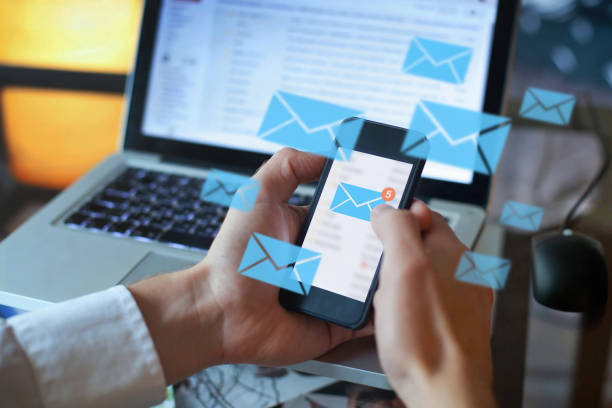This is all about your data and why you need to protect it. Everywhere you go online, every website and app you visit retains a digital trace of you. With companies wanting to know as much about you as possible so they can target the right messages to you, your data is valuable. Unfortunately, not only do legitimate businesses want your data, fraudsters, and phishers are keen to get hold of it too. The more they know about your overall digital choices, the more likely they are at being able to trick you into their scam.
Whether you use the internet for shopping, dating, gaming, gambling, online therapy, or keeping in touch with friends and family, you need to take online security seriously to protect your data.
Big companies including Facebook, Home Depot, and Yahoo have all suffered data breaches in recent years with billions of users affected. Sensitive information like full name, payment logs, passwords, and IP addresses have been exposed. Data is often linked to cloud storage services, so targeted phishing by hackers could potentially access personal photographs or card payment information.
So how do you go about making sure that your online data is secure? Start by protecting yourself by using a password manager that generates a unique password for every single account. For example, Last Pass will automatically generate passwords and sync between your computer and your phone. It also helps you identify weak or duplicated passwords.
If you are visiting a site that asks for financial information, make sure you have two-step authentication turned on. Initially, it might be a bit of extra work, but it will prevent fraudsters from getting at your money. PayPal is an excellent example of a platform that uses this technology. After logging in using your email and password, you are then sent a number that only you can access. If you are someone who likes a wager, you might be looking at online gambling sites. You can rest easy when you visit top PayPal casino sites as they have inbuilt safety features that allow real money deposits and withdrawals. PayPal is one of the safest financial platforms and has been trusted by users for years.
Check that the web address you are visiting is secure. The web address must be HTTPS and not HTTP. Websites that take their security seriously will always be HTTPS.
It’s not just what you post on social media that gives away information about you, every ad and link you click on adds to your digital imprint. Install an adblocker; you can turn it off on sites you trust and want to support. Remember to tick data opt-outs if you don’t want to be added to lists. You may have to do this manually, but it can slow down stalker ads that follow you around.
Install anti-virus software on your computer. Malicious hidden programs can cause all kinds of problems including scanning for personal information and opening annoying pop-ups – that could be malicious. macOS protects their users with built-in security but PC users need to be a bit more careful. If you are running Windows 10 then use the built-in Windows Defender. Older versions of Windows a package like Malwarebytes Premium should keep you safe.
So just a few simple steps and a bit of vigilance and you can browse the internet safely in the knowledge that your data is secured.
Related Posts




